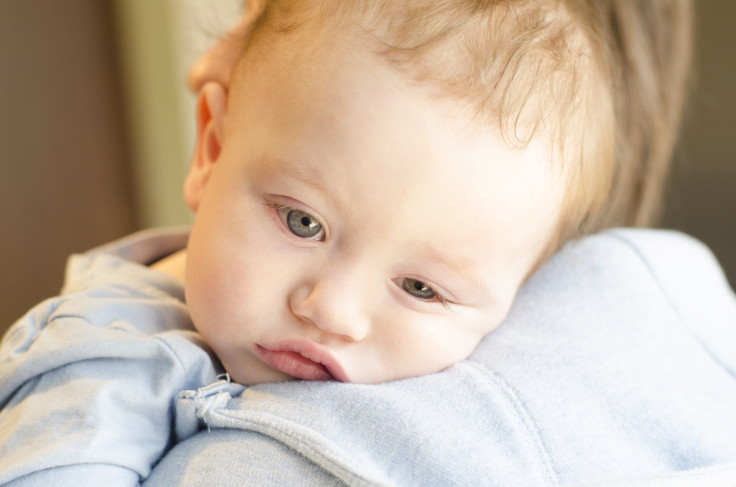Rare Virus, HPeV3, Sickens And Hospitalizes 14 Babies In Kansas City Area, Causing Inflammation And Meningitis

Fourteen infants have been sickened and hospitalized after being infected with a rare virus known as HPeV3, which has struck the Kansas City area.
The virus may lead to meningitis and inflammatory problems in infants, among a slew of other health issues. All of the affected babies so far have been hospitalized, but none of them have died. Currently, health officials in both Kansas and Missouri are investigating the cause of the infections.
“It’s possible we could see more cases. It’s something we’re looking closely at,” spokeswoman for the Kansas Department of Health and Environment (KDHE), Aimee Rosenow, said. “It’s still pretty early on. We don’t know if there’s a common factor linking the cases.” Kansas City, which rests on the Missouri side of the Kansas-Missouri border, sprawls between two states. Nine infected infants were reported in Kansas, and five were found in Missouri.
Known as Human Parechovirus (HPeV), this virus typically affects infants who are younger than 1 year old and is “associated with a wide variety of illnesses in children ranging from gastroenteritis, respiratory infections, sepsis-like illness and neurological disease particularly in neonates,” a press release from Children’s Mercy Hospital states.
Researchers still aren’t sure how the virus is spread, or whether it can be fatal. Thus far, all of the babies hospitalized have survived. “In one study out of Toronto, sick babies, 90 percent of those babies were completely normal as they grow up,” Dr. Mary Anne Jackson, director of the Division of Infectious Diseases at Children’s Mercy, told KSHB local news. “So do we know all the answers about this virus at this point? Not yet.”
However, KDHE points out that the virus can be spread through public diaper changing tables. In order to prevent your infant from catching the virus, be sure to wipe down public changing tables with an antibacterial wipe.
Dr. John Fried, Infectious Disease Specialist at Shawnee Mission Medical Center, told KSHB that breastfeeding could also help in protecting babies from the virus. “The most severe illnesses mostly found in birth and six weeks old … around six weeks the baby can start making its own antibodies and has more protection. That first month the baby depends a lot on the antibodies from the mother through the birth process or the breast milk.”
Published by Medicaldaily.com



























